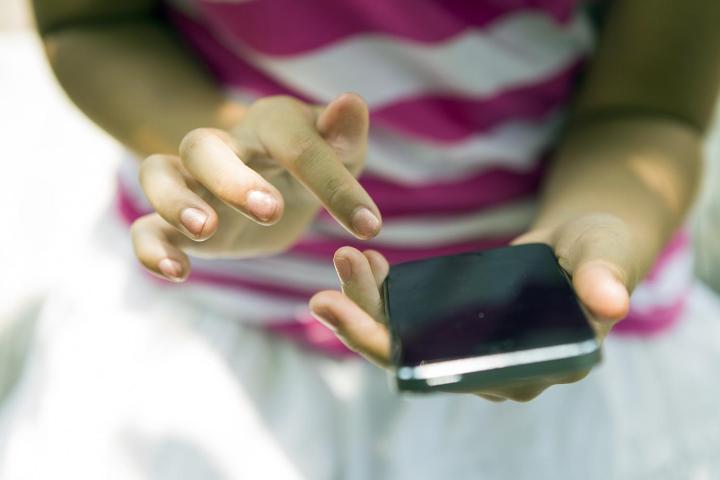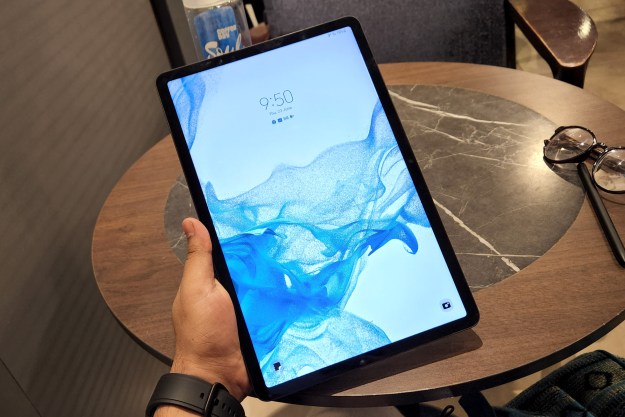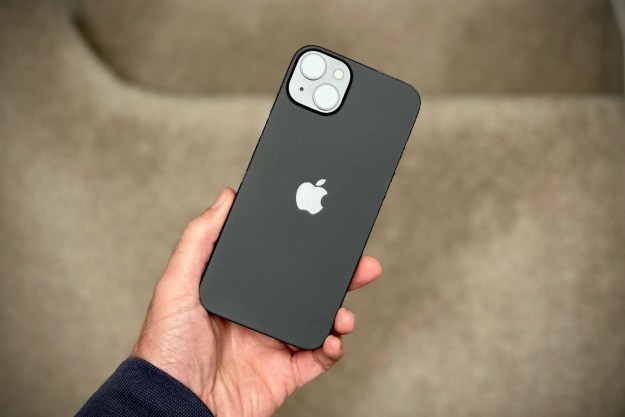
At least, that’s what we assume it wants to achieve with a controversial new law.
Here’s what’s going on: Politicians will soon introduce rules where anyone under the age of 18 should “not be allowed to constantly use electronic products for a period of time that’s not reasonable.” Reasonable could mean anything, but one member of the government defined it as no more than 30 minutes. Those under two years old are completely banned from using electronic devices. It’ll be down to parents to enforce the rules, and those that disobey them face fines of $2,000, should it lead to mental or physical illness in the child.
Is this a bizarre, unenforceable rule with dangerous repercussions, or the gut punch needed to bring about an essential change in young people’s lives?
Restriction of freedom should start at home
Preventing kids from zoning out on their phones for hours at a time may sound like a basic parenting task, but not to everyone. Some parents are irresponsible smartphone users themselves.
The Taiwanese government hasn’t really said what it expects kids to do when they’re not using a phone or a tablet.
Here’s some proof. This Guardian columnist freely admits her and her husband are “wedded to their phones” in the same way as their daughter. Such irresponsibility can’t be passed by. Smartphones and other mobile devices are considered dangerous. Just check this list of 25 Negative Effects of Technology. According to it, isolation, obesity, depression, stress, increased levels of violence, and a lack of sexual boundaries await the smartphone-obsessed. These are all unwanted, disgusting, debilitating consequences, or all three. Many will consider them very good reasons to applaud Taiwan’s actions.
The Taiwanese government hasn’t really said what it expects kids to do when they’re not using a phone or a tablet, but it’s inevitably something to do with going outside, putting shaped blocks into similarly shaped holes, or ringing doorbells and running away. Good wholesome fun, which will avoid sleep problems, shortened attention spans, and temper tantrums associated with too much tech.
Enforcing the unenforceable
The big problem will come when it’s time to enforce this rule. Clearly, getting a child or parent to stick to the 30-minute limit will be impossible, so drastic measures will have to be taken. What each home or building needs is its own technology surveillance team. Perhaps the government could offer monetary rewards to good citizens who want to inform the government about lax parenting, or disobedient children?
Cameras could be installed in homes to check for rule-breaking activities, and with some technical trickery, the very smartphones those children abuse by taking hideous selfies could be turned against them. Changing these devices to all-seeing telescreens would soon curb any illicit usage. Kids interested in pursuing a career in technology would find ample employment opportunities within the companies responsible for such cutting-edge surveillance.
So there it is: A law stopping kids from using a phone for longer than 30 minutes at a time means more jobs, healthier and happier children, less stress for parents, and the return of the much-missed police state.
There is a problem, but this probably isn’t the solution
OK, just to be clear for the hard of thinking, we’re not serious. There are justifiable concerns over technology addiction, and the impact of excessive smartphone usage on everyone, not just kids. Does that mean the same rule should be put in place, regardless?
Taiwan’s rule smacks of knee jerk reaction to an over-publicized and misunderstood problem.
Maybe not. The Guardian columnist I mentioned earlier says that a smartphone has opened up her 12-year-old daughter’s world in a positive way, noting the social benefits and how she can do tasks we as adults could only dream of at her age.
Attention spans in young children differ drastically, therefore any benefit from interacting with a touchscreen or computer differs. It’s not a case of one size fits all, which is why these things are best left to parents to decide. In theory, they know what’s good for their children. There’s also a pretty big difference to limiting a Kindergartner to 30 minutes on a phone, and trying the same trick with a 16- or 17-year-old.
Misunderstood issue, knee jerk reaction
The Taiwanese ruling is part of the Child Protection Act, which keeps kids away from material deemed to be harmful, along with banning smoking and drinking. But not everyone is convinced smartphones, and tech in general, should be moderated in the same way. An article published by Psychology Today says it’s not addiction we’re witnessing, but a change in social interaction, based on this activity being a primary use for smartphones.
“Teens and young adults are natives in the land of technology,” writes professor of psychology at Western Washington University, Ian Hyman. “Although I find it odd to interrupt a live conversation to respond to a text message, I didn’t grow up in tech-land. I’m not a native.” He posits that new rules for interacting with people socially are being written by young adults, and they’re defining what will be considered normal in the near future.
Taiwan’s rule smacks of knee jerk reaction to an over-publicized and misunderstood problem. It’s not the only rule of its type that could be introduced to benefit society. Why isn’t there a rule for no more than 25 grams of saturated fat per day for everyone, not just children? How about a 30-minute walk being compulsory? Or, what about telling parents to show their children the joys of the world outside the smartphone and tablet, so it doesn’t become the only thing they hanker for day in day out?
Now that is a law that could bring about some profound changes.




